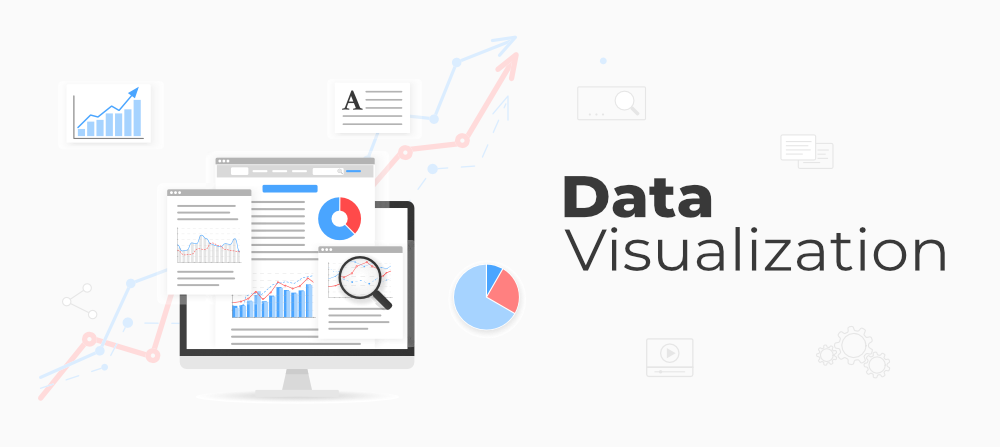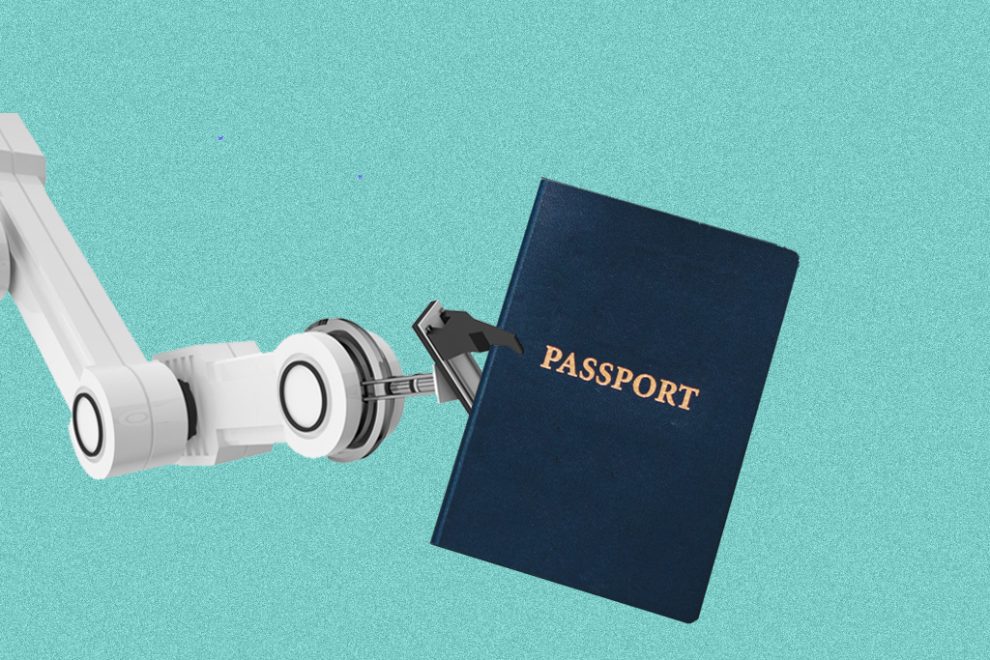The world of immigration is complex, often plagued by lengthy processing times, inconsistent decision-making, and human error. But on the horizon, a powerful force is emerging: Artificial Intelligence (AI). From automating visa processing to assisting in decision-making, AI is poised to revolutionize the immigration landscape, bringing much-needed efficiency, accuracy, and fairness to the process.
Automating the Paperchase
Forget mountains of paperwork and endless queues. AI algorithms can automate tedious tasks like data entry, document verification, and eligibility checks, significantly reducing processing times and freeing up human resources for more complex cases.

Imagine a system that scans passports, analyzes travel history, and verifies financial documents in seconds, allowing for a quicker and more efficient intake process. This not only benefits applicants by reducing waiting times but also frees up immigration officers to focus on intricate cases requiring human judgment and empathy.
Decision-making with a Data-Driven Lens
While AI should never solely determine someone’s fate, it can be a valuable tool in assisting human decision-making. By analyzing vast amounts of data, including past case outcomes, economic indicators, and national security concerns, AI can provide insights and risk assessments that can inform human judgement.

Think of AI as a sophisticated advisor, presenting immigration officers with relevant data and potential outcomes based on objective criteria. This doesn’t replace the officer’s role in weighing individual circumstances and exercising discretion, but it can ensure a more informed and data-driven approach to decision-making.
The Challenges and Promises
While AI holds immense potential for improving immigration systems, it’s crucial to address potential challenges and biases. Ethical considerations are paramount:
- Transparency and explainability: AI algorithms must be transparent and understandable, allowing for human oversight and ensuring fairness in decision-making.
- Data quality and bias: AI models are only as good as the data they are trained on. Addressing biases in training data is crucial to prevent discriminatory outcomes.
- Human oversight and accountability: AI should always be a tool to assist human judgement, not replace it. Accountability mechanisms must be in place to ensure fairness and prevent misuse.
Despite these challenges, the potential benefits of AI in immigration are undeniable:
- Increased efficiency and reduced processing times: Streamlined processes and automated tasks can significantly reduce backlogs and delays.
- More informed and objective decision-making: Data-driven insights can help ensure consistent and fair treatment of applicants.
- Enhanced national security: AI can aid in identifying potential security threats and fraudulent applications.
The Future of AI in Immigration
The integration of AI in immigration is still in its early stages, but the future is bright. As technology advances and ethical considerations are addressed, AI has the potential to:
- Personalize the immigration experience: Tailored guidance and support can be provided to applicants based on their individual circumstances.
- Promote global mobility and talent acquisition: Streamlined processes can attract skilled individuals and entrepreneurs, boosting economies.
- Build a more just and equitable immigration system: AI can help ensure fairness and consistency in decision-making, reducing bias and discrimination.
The journey towards an AI-powered immigration system is not without its challenges, but the potential rewards are immense. By harnessing the power of AI responsibly and ethically, we can create a future where borders are more permeable, processes are more efficient, and the path to belonging is smoother for all.
So, let’s embrace the transformative potential of AI in immigration, not as a replacement for human empathy and judgment, but as a powerful tool to build a more inclusive and welcoming world for all. Remember, AI is not a magic wand, but a powerful tool that can be used to improve the lives of millions, if used responsibly and ethically.
















Add Comment